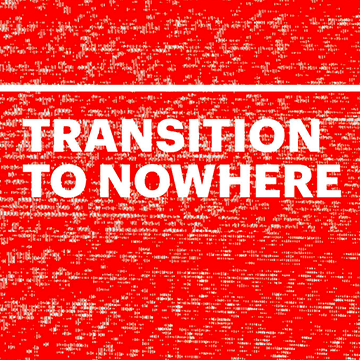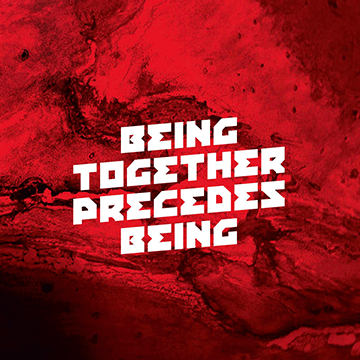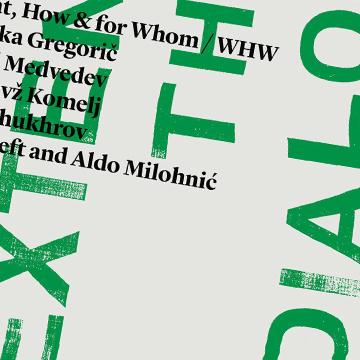Today, after Post-Communism has ended in chaos and confusion, we are entitled to ask: was it a condition, or a transition; a rise or a decline; progression, regression or simply a time-lag? Has it ever shaped its own form of social being, a unique mode of economic production, a politics of its own, a culture? Or was it just another interregnum of history, full of morbid symptoms we cannot get rid of?
Tag: Communism
Not Working
This book is published on the occasion of the exhibition Not Working, Artistic production and matters of class at Kunstverein München from September 12 until November 22, 2020. It includes contributions that form a theoretical, literary, and poetic extension of exhibition bringing together international artists, theorists and writers who in their work examine the interdependence of artistic production and social class.
’68NOW
This book is to be published fifty years after the events of ’68. The focus of the symposium, as is clear from the title, is concerned with both the discontinuities and the continuities between ’68 and our present situation, examined in a series of lectures organised by Vasyl Cherepanyn from the Visual Culture Research Center and with a contribution from tranzit.cz, in Kyiv.
Being Together Precedes Being
Being Together Precedes Being offers a text book for the project “The Kids Want Communism,” which was initiated towards the 99th anniversary of the Soviet Revolution of October 1917 as a series of exhibitions, symposiums and conferences, screening programs, publications and a summer camp. In this textbook, communism does not merely describe an “us versus them” relation, but also offers that we are becoming the future. This trajectory of communism runs parallel to us at every single moment and its guiding principle is that being together precedes being.
Extending the Dialogue
The authors whose writings appear in this book come from twelve different countries and represent a range of disciplines and interests: they are art historians, philosophers, cultural theorists and activists, critics, curators, and poets, with most of them falling into at least two or three of these categories. All have made important contributions to contemporary art and cultural production, art history writing, and critical thought within, and sometimes far beyond, the region once known, problematically, as ‘Eastern Europe.’




